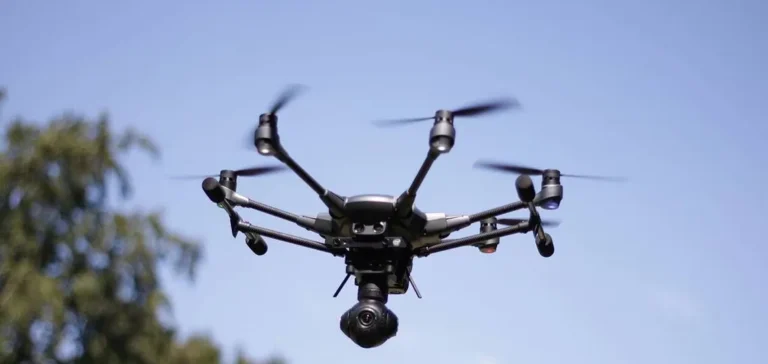The Genkai nuclear power plant, operated by the Japanese company Kyushu Electric Power Co., was recently flown over by three unidentified drones, rapidly triggering an alert to the competent authorities. These devices entered the facility’s airspace around 9 p.m., requiring the operator to immediately activate the standard nuclear security protocol for aerial intrusions. Although no direct impact on the reactors’ operations was reported, the potential seriousness of the incident led to the immediate launch of a thorough investigation by the Nuclear Regulation Authority (NRA), the Japanese body responsible for nuclear safety.
Quick response but no immediate identification
The prompt detection of the drones was made possible by the Genkai plant’s internal aerial surveillance system. However, despite the effectiveness of this alert procedure, the intrusive devices were not recovered after their passage, making it more difficult to identify those responsible or their precise intentions. According to initial information provided by investigators, no claim of responsibility has yet been received, and no clue as to the origin of the drones has been confirmed. Japanese authorities remain extremely cautious regarding hypotheses about the motives behind this intrusion.
Security measures and operational checks
Immediately after the drones were detected, technical teams from Kyushu Electric Power Co. conducted a thorough inspection of the facilities to ensure that no anomaly, especially radiological or technical, could have resulted from the overflight. Following these extensive checks, the operator confirmed a total absence of impact on the reactors, one of which remains in normal operation while the others are either undergoing scheduled maintenance or being dismantled. The NRA continues its investigation to quickly clarify the facts and reinforce preventive measures.
Potential impact on the Japanese nuclear sector
Although this drone overflight did not cause any immediate material damage, the possibility of repeated such incidents is a serious concern for Japanese nuclear operators. The sector, already subject to strict regulation on the security of sensitive sites, may face heightened security requirements, possibly leading to additional investments. The Japanese nuclear industry is therefore following the progress of this investigation closely, fully aware that it could directly influence the operational and financial management of plants across the archipelago.






















